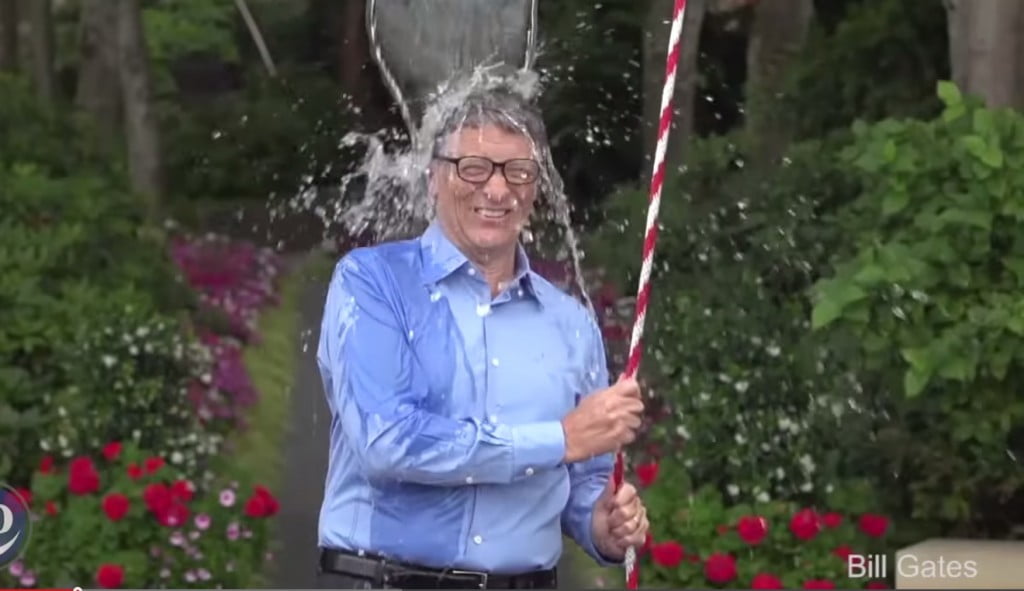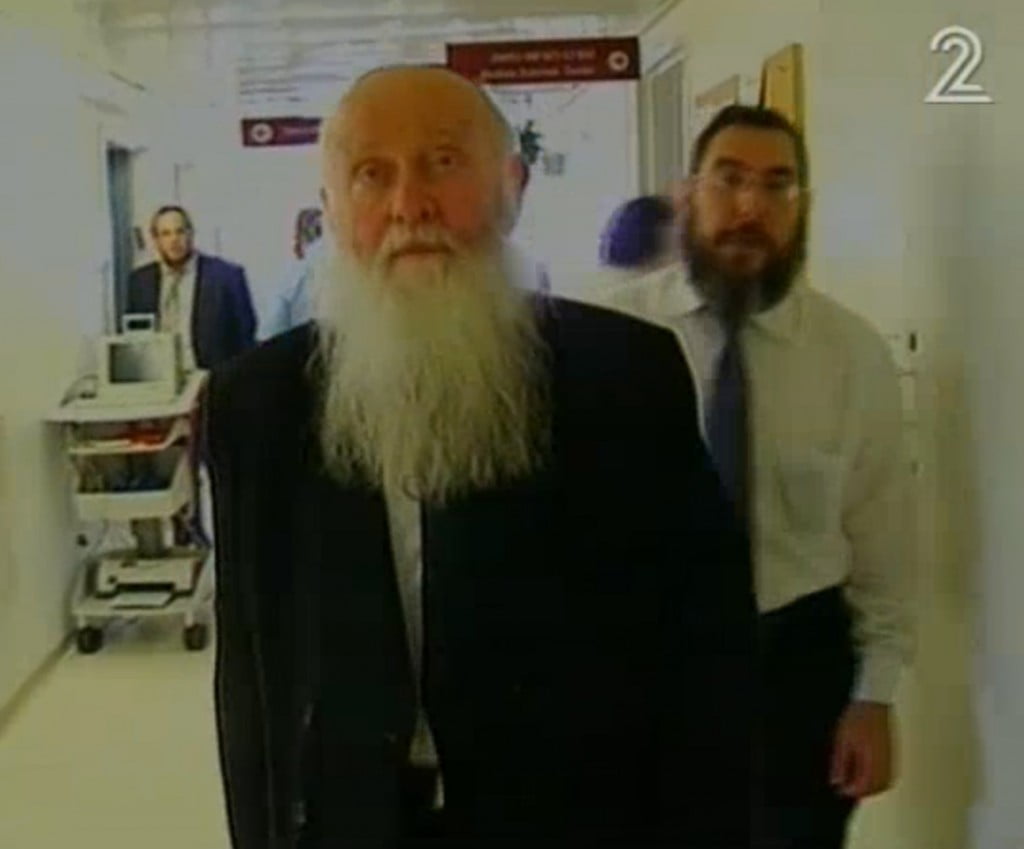If you’ve been on the Internet anytime lately, you will have noticed that one disease is dominating the headlines; ALS, also referred to as motor neurone disease. With the Ice Bucket Challenge, which is meant to raise funds for ALS research, people around the world, including Hollywood celebrities, are nominating one another to drop a bucket of ice cold water on their heads. But while the spoof has gone viral, many may have overlooked why the “chilling” challenge began in the first place.
ALS is a severe, rapidly progressing neurodegenerative disease in which patients lose all ability to control their muscles, usually resulting in death from respiratory failure within three to five years of diagnosis. Yet way before Pat Quinn, himself an ALS patient, created the Ice Bucket Challenge a year ago, Israeli medical company BrainStorm was already laying the bricks for the most comprehensive treatment so far of this deadly disease.
Treating patients using their own stem cells
BrainStorm’s NurOwn treatment is about to enter Phase II clinical trials in the United States. Following the successful initial treatment of four advance-stage ALS patients at Hadassah Medical Center in Israel, BrainStorm, which focuses on stem cell treatments for neurodegenerative disorders including Parkinson’s disease and Multiple Sclerosis (MS), is hoping for similar successes in the American trial study.
SEE ALSO: Five Israel Biotech Companies Using Stem Cells To Change The Face Of Medicine
Based on the research of Profs. Eldad Melamed and Daniel Offen of Tel Aviv University, NurOwn works by extracting stem cells from the ALS patient, adding chemicals to the cells until they are able to autonomously grow new neurons, then re-injecting the stem cells into the muscles and spinal region of the same patient. According to Melamed, “These nerve cells secrete a growth hormone that supports existing nerve cells, slowing down, and even halting degeneration.”
Promising results in Israeli trial
For the four patients treated at Hadassah Medical Center, the NurOwn trial was the first glimmer of hope they had been given in a long time. One of them, Rabbi Refael Shmulevitz, was given two to four years to live before receiving the NurOwn injection. Two years later, Rabbi Shmulevitz is alive and well, with a dramatic improvement in his symptoms soon after he underwent the treatment.
Sign up for our free weekly newsletter
Subscribe“Within a few weeks following the injection of NurOwn cells, the patient showed dramatic improvement in a variety of functions including breathing, speech, walking, muscular strength, and overall well-being,” reported Prof. Dimitrios Karussis of the Neurology Department at Hadassah. However, BrainStorm has noted that the improvement in symptoms fades within three to six months (in one case 18 months), which is one reason why the new clinical trials in the US are so important.
SEE ALSO: Rabbi With ALS Able To Walk And Talk Again After New Treatment
“We probably need to improve the protocol to do multiple injections for the longer term, and find the best way of administration in each individual patient,” Karussis reported to Israel21C, keen on pointing out BrainStorm’s goal in the Phase II trials at Massachusetts General Hospital, the University of Massachusetts Memorial Hospital and the Mayo Clinic on 48 patients. The fact that NurOwn is based on the patients’ stem cells has made it increasingly difficult for the BrainStorm team to discover proper methods of administration that will result in a longer term treatment.
Faith in BrainStorm, like Ice Bucket Challenges, is growing
The results of the US Food and Drug Administration study will be ready in 2016, which may seem like a long way to go, but meanwhile faith is growing in BrainStorm’s personalized stem cell-based approach. Israel’s Office of the Chief Scientist awarded the company generous grants on two occasions and the company recently secured $5 million in investment from the Brazilian Health Ministry. BrainStorm also raised an additional $10.5 million in a recent non-public offering.
Now the thousands of ALS patiens around the world are looking towards NurOwn for what will hopefully become the first long-lasting treatment for their debilitating condition. In the meantime, the Ice Bucket Challenge is shedding light on a disease many around the world had never even heard of.
Photos: NIAID/ Screenshot
Related posts

Israeli Medical Technologies That Could Change The World

Harnessing Our Own Bodies For Side Effect-Free Weight Loss

Missing Protein Could Unlock Treatment For Aggressive Lung Cancer





Facebook comments